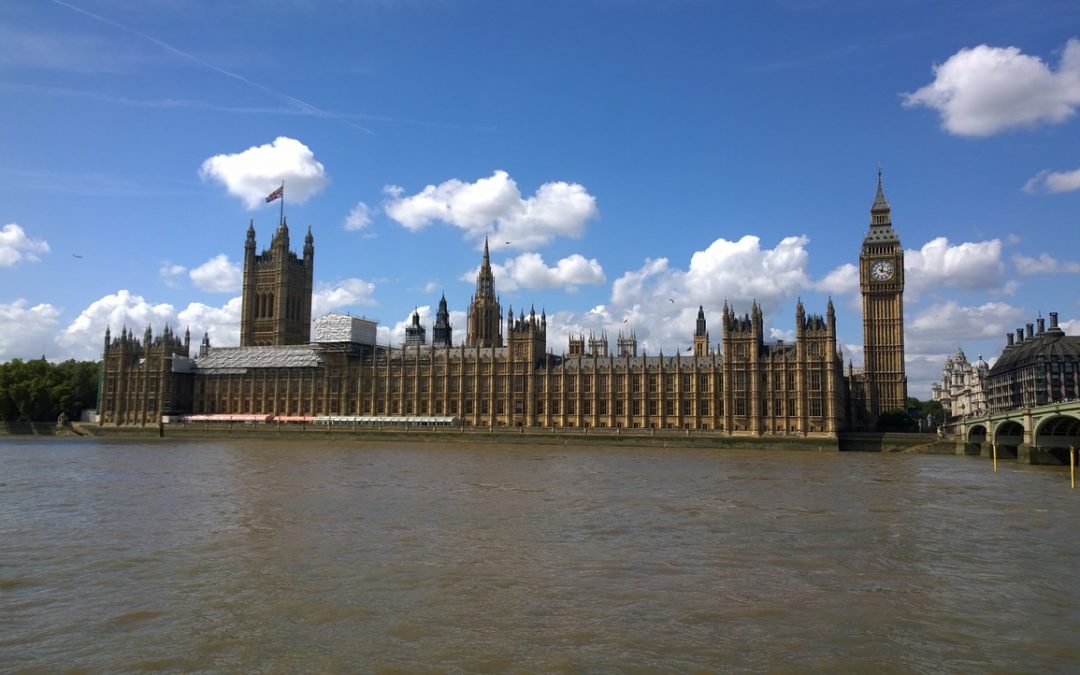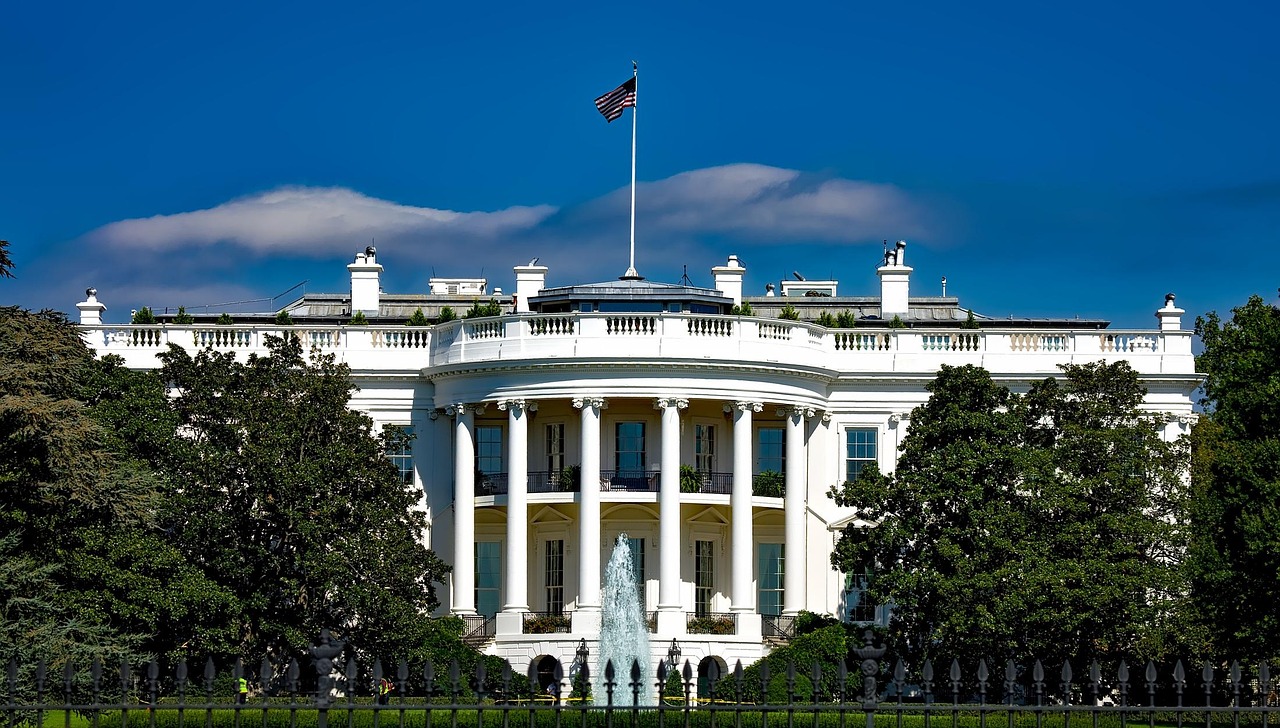
Reform UK are hiring!
Any resemblance to a genuine political recruitment advert is entirely coincidental, and deeply regrettable, writes Bremain Chair Sue Wilson MBE for Yorkshire Bylines.
Have you ever fancied yourself as a member of parliament? Or perhaps you’ve dreamed of a role in your local council, approving tax increases, revoking net-zero policies or betraying election promises. Then you’ve come to the right place!
Reform UK – formerly the Brexit Party/UKIP – are looking for new recruits across the country.
Responsibilities
As an MP or a local councillor, your role will be to represent your local constituents. Whether you choose ever to meet with them will be entirely at your discretion. However, you will be expected to respond to the occasional email or have your assistant do so on your behalf.
As a Reform UK politician, you would have the power to vote for or against new legislation – the decision as to whether to attend parliament in order to do so is entirely personal (and rarely employed).
Your role would include the promotion of MAGA-style values in a British setting, including the sharing of the leadership’s wise words on social media. (Ranting is permitted; explanations of policies are not required).
Background
Reform UK welcome new recruits from all walks of life, though a private education (or the wherewithal to pay for one) would be a bonus. Attendance at a boarding school, and therefore familiarity with a certain kind of discipline, would be most helpful.
Our doors are especially open to those with previous government/local government experience, regardless of former political affiliations. In fact, Tories are particularly welcome, as long as they are prepared to contradict any former negative comments about our party (or deny ever having said them, regardless of proof to the contrary).
NB. Former MPs need not be concerned about any run-ins with parliamentary authority, such as breaches of the ministerial code, unpaid tax issues etc. Such experiences will be of value, rather than a hindrance, to your successful application.
Skills
At Reform UK, we do things a little differently. We do not expect our representatives to devote many hours a week to their parliamentary role. In fact, we respect members taking time away from their role in order to satisfy the demands of any/all of their other jobs being held concurrently.
As for required skills, we only ask that you are argumentative, anti-immigration, evasive when asked direct questions and willing to offend (the media especially). Hand gestures are acceptable – finger-pointing absolutely essential.
You boy!
If you see any failed Tories in the dole queue send them over here.
Tell them I’m getting the old gang back together. pic.twitter.com/Q7us0wEEng— Mark Cockerton (@CockertonMark) January 13, 2026
Salary and benefits
MPs will receive a salary of £94,000 per annum (updated annually above the rate of inflation), plus generous expenses, including thousands of pounds for living costs, travel and London rent (but only for you, not your horses, sadly).
Benefits include heavily subsidised meals, on those rare occasions members find themselves in the Palace of Westminster.
Local councillors are not paid a salary but receive taxable allowances to cover time and expenses. These vary according to the area, but there would be plenty of opportunities to garner additional remuneration locally. Probably.
Despite a lack of coherent policies, or any strategy to speak of, Reform UK is now home to such well-respected former Tories as Andrea Jenkyns, Lee Anderson, Danny Kruger, Ann Widdecombe, former chancellor (if only for 48 hours) Nadhim Zahawi, and, after being unceremoniously frogmarched off the Tory benches, Robert ‘Honest Bob’ Jenrick.
With their brains, experience and willingness to continue the fight despite former failures, we have a good chance of winning the next general election, thanks to our wonderful first-past-the-post voting system.
If you love your country (or how it used to be), and regardless of whether you’re a former Tory, REFORM UK needs you!
Don’t delay, apply now! The future of our country, the sanctity of Brexit, and our leaders’ bank balances are at stake!














